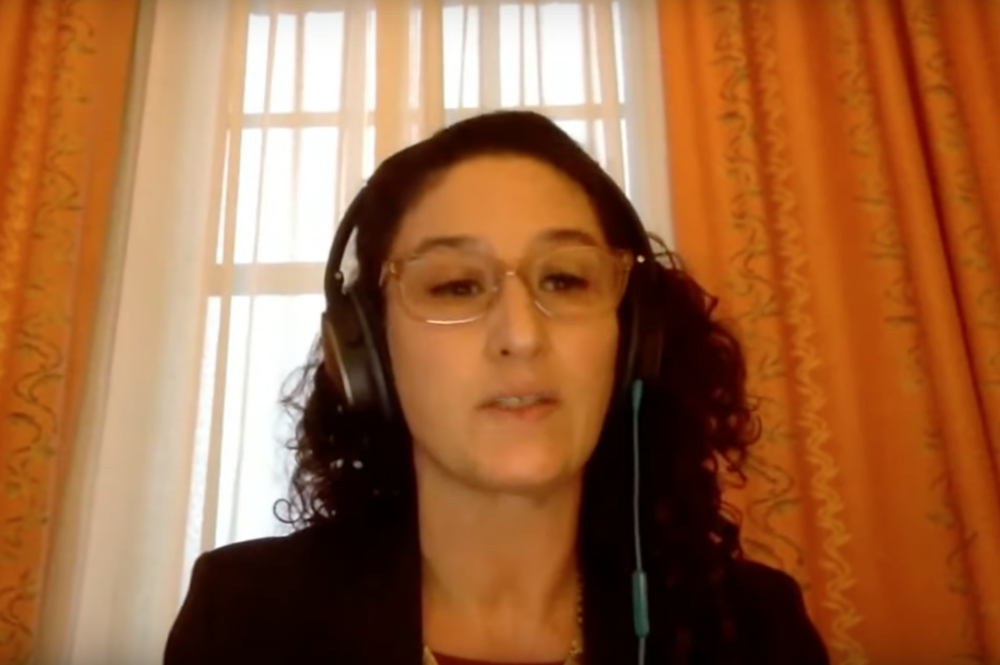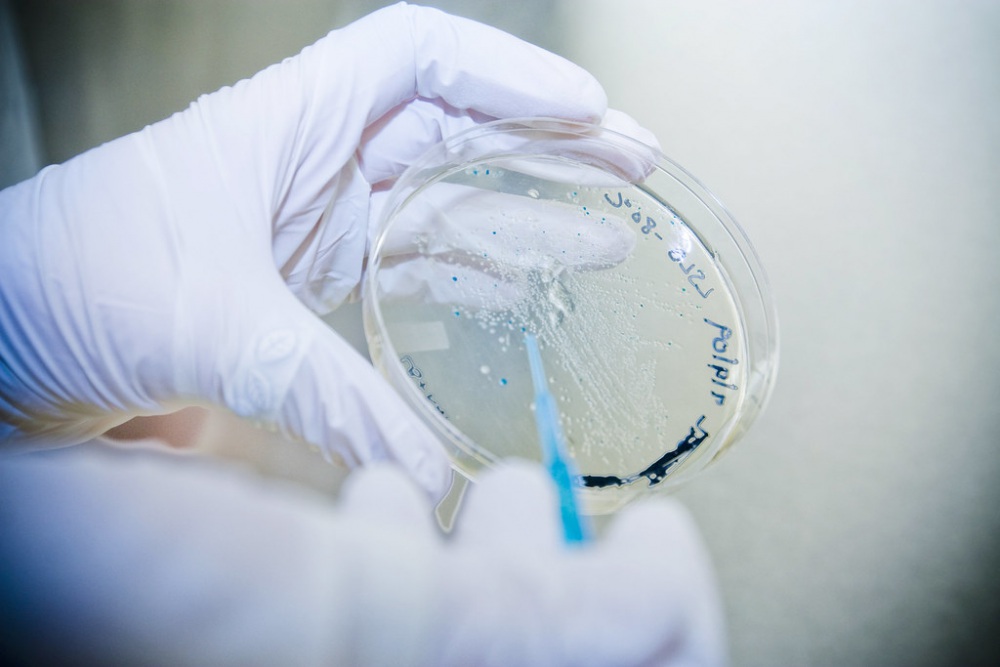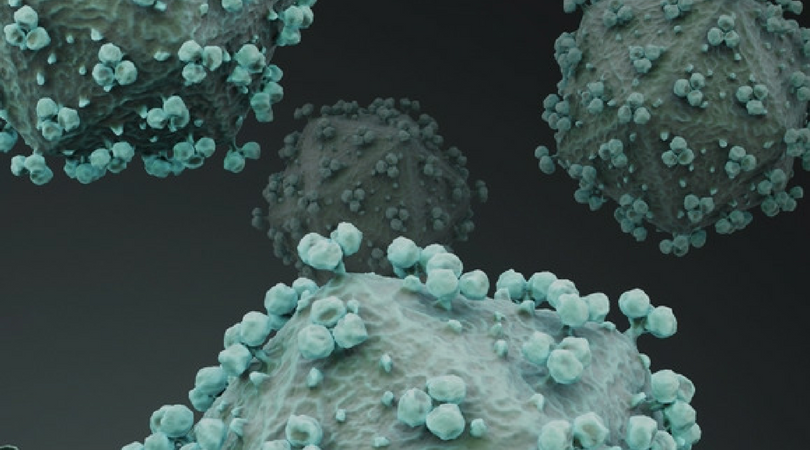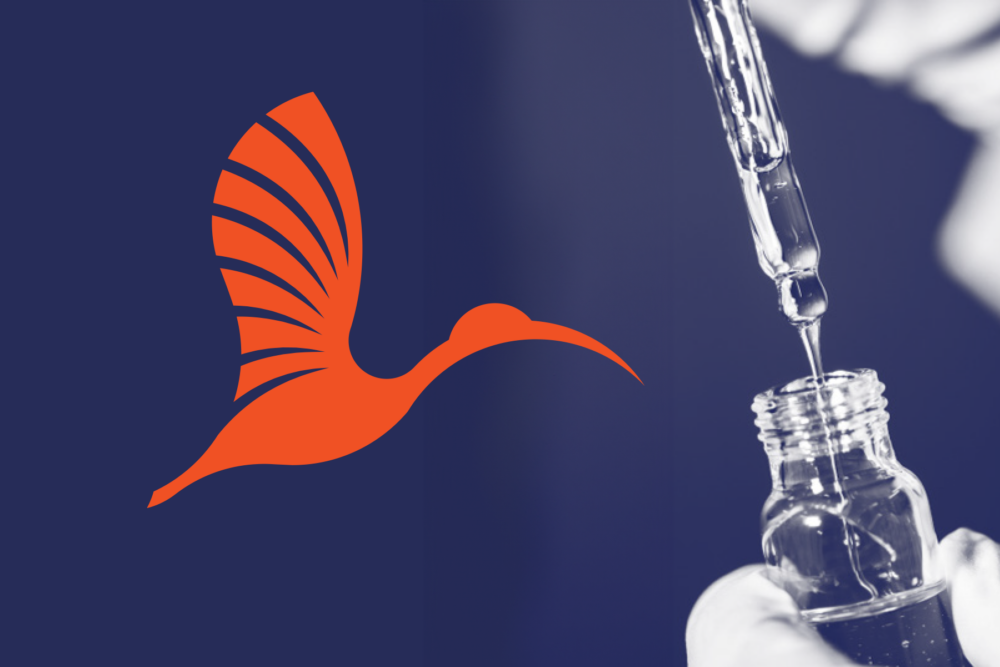
NTI | bio Expert Calls on U.S. House Leaders to Prioritize Biosecurity
NTI | bio Senior Fellow Jaime Yassif, Ph.D., called on government leaders to take urgent steps to prevent future catastrophic biological events during a Dec. 8, 2021 hearing.
Biotechnology research is essential for reducing pandemic threats and supporting the broader global health and development agendas. However, scientific advances in the life sciences, such as DNA synthesis and gene editing, are outpacing the ability of governments to provide effective oversight. Additionally, there is no existing international entity with the primary mandate to uphold biosecurity norms, reduce biotechnology-related risks, and strengthen best practices for life science research oversight. Without this oversight, the field is vulnerable to a deliberate or accidental misuse of biotechnology that could escalate to a biological catastrophe. The ongoing COVID-19 pandemic has underscored the magnitude of these risks.
On Sept. 10, 2020, NTI Co-Chair and CEO Ernest J. Moniz convened more than 40 senior cross-sector representatives from around the world to address these urgent international vulnerabilities. The representatives hailed from the United Nation system, the biotech industry, philanthropies, academia, and non-governmental organizations. Keynote addresses were delivered by Izumi Nakamitsu, Under Secretary General and High Representative for Disarmament Affairs at the United Nations Office of Disarmament Affairs, and Arnaud Bernaert, Head of Shaping the Future of Health and Healthcare at the World Economic Forum.
Together, these global leaders discussed groundbreaking plans to establish an international entity to overseeing global biosecurity norms and best practices, as well as recent progress to create an international common mechanism for DNA synthesis screening. A dedicated entity would have systemic impact on the global biotechnology sector, effectively bridging the gap between innovative governance approaches developed by industry, civil society, and governments seeking to implement risk-reduction approaches associated with emerging biotechnologies.
NTI aims to work with international stakeholders and partners at the World Economic Forum to refine the shared vision for this common mechanism and global entity and turn this vision into a reality.
This pioneering work is part of NTI’s Biosecurity Innovation and Risk Reduction Initiative (BIRRI). Since 2018, under the umbrella of BIRRI and through senior leaders’ tabletop exercises at the Munich Security Conference, NTI, with partners like the World Economic Forum, has convened international public and private sector stakeholders to create concrete, nove,l multi-sectoral approaches and incentives to catalyze companies, researchers, funders, technology investors, publishers, insurers, and other stakeholders to urgently identify and reduce biological risks. These approaches include: a common global mechanism for screening DNA synthesis orders; a Biotechnology Funders’ Compact; a “seal of approval” for institutions conducting dual use research; and a defined, unified process among publishers, funders, and academic institutions for reducing risks prior to research publication.
Sign up for our newsletter to get the latest on nuclear and biological threats.
NTI | bio Senior Fellow Jaime Yassif, Ph.D., called on government leaders to take urgent steps to prevent future catastrophic biological events during a Dec. 8, 2021 hearing.
An interdisciplinary group of international leaders and experts came together virtually on May 21 to advance the mission and scope of a prospective global entity
IBBIS, an independent organization to be headquartered in Geneva, provides tools that will allow technological innovation to flourish, safely and responsibly.


